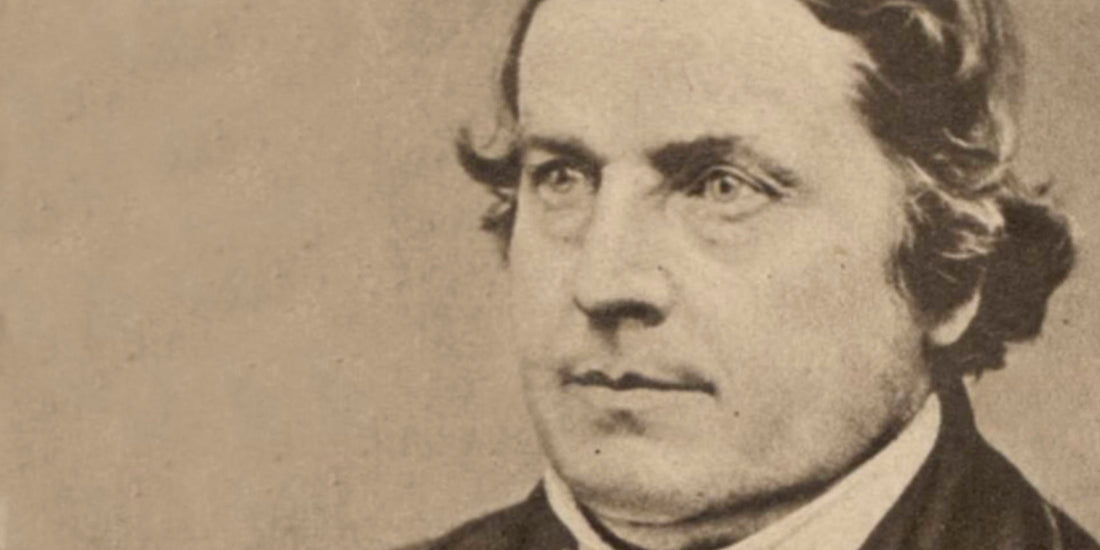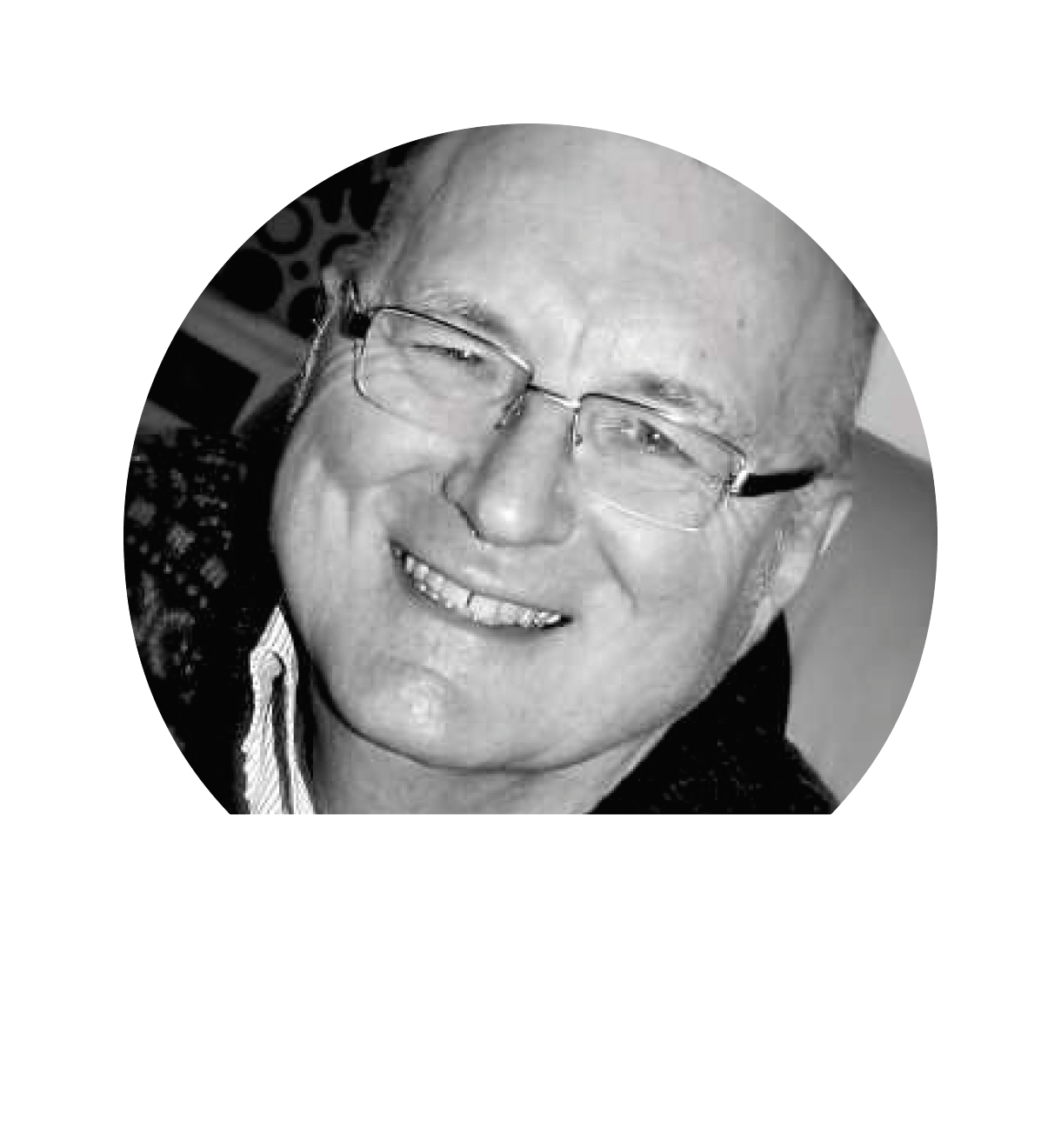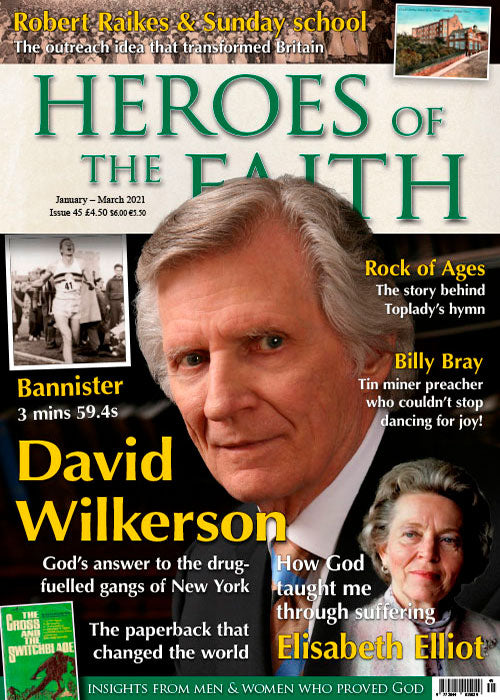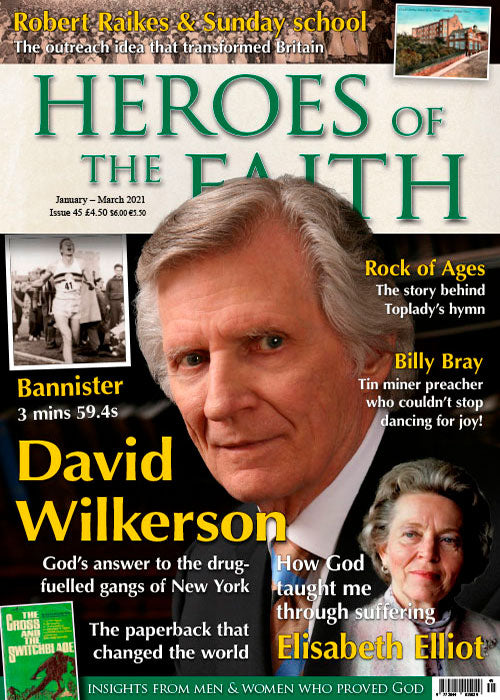
David Morgan
Went to bed like a lamb... and woke up as a lion!
Although the term ‘revival’ is not found in the New Testament, it is generally accepted that it is a sovereign move of God in which the Holy Spirit uses certain men or women in a remarkable way in bringing momentum and growth to the kingdom of God. This is nowhere better illustrated than in the ministry of the Welsh Calvinistic Methodist minister, David Morgan.
In October 1858 Morgan went to sleep one night and woke up a changed man. He was endued with an extraordinary memory for spiritual things. His preaching from that day was marked with a new power.
It has been said that Morgan ‘went to bed like a lamb and awoke as a lion’. But as the revival drew to an end the experience was reversed.
His son later testified, “This astonishing endowment of memory was revoked as suddenly and unexpectedly as it was conferred. One night, in less than two years time, he went to sleep in possession of it, and when he awoke – it was gone!”
Although Morgan remained thereafter a faithful minister of Christ, from that time he never again knew the extraordinary power of the two years of revival ministry. However, during the 1859 revival it is estimated that over 100,000 people were converted in Wales alone.
... story continues








